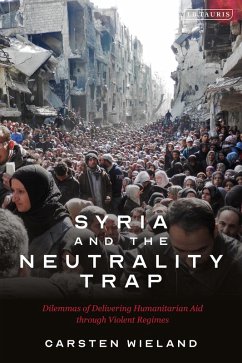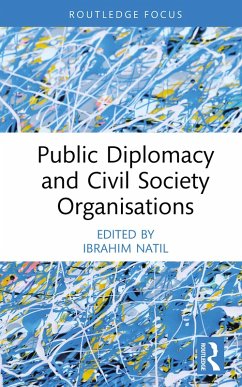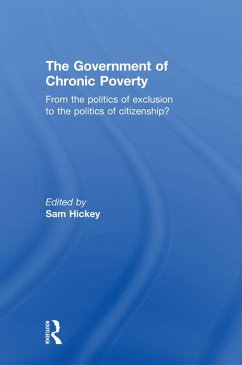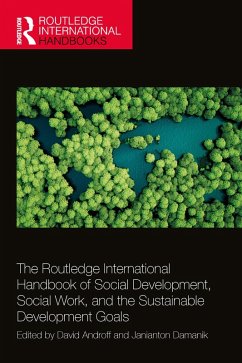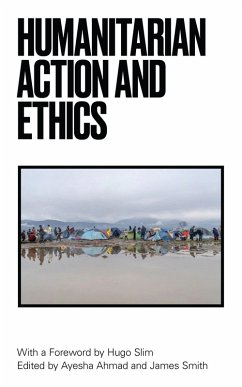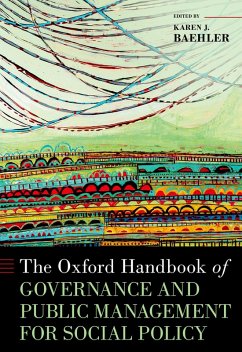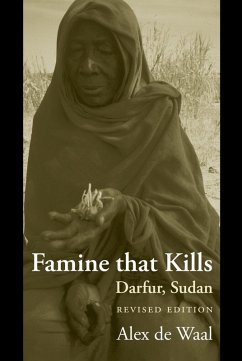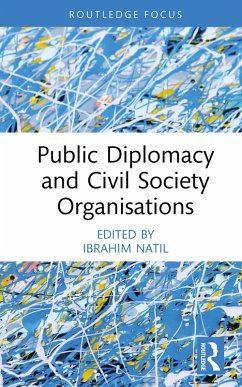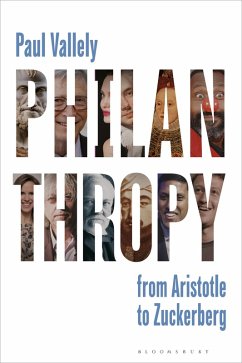
Syria and the Neutrality Trap (eBook, PDF)
The Dilemmas of Delivering Humanitarian Aid through Violent Regimes
Versandkostenfrei!
Sofort per Download lieferbar
19,95 €
inkl. MwSt.
Weitere Ausgaben:

PAYBACK Punkte
10 °P sammeln!
The Syrian war has been an example of the abuse and insufficient delivery of humanitarian assistance. According to international practice, humanitarian aid should be channelled through a state government that bears a particular responsibility for its population. Yet in Syria, the bulk of relief went through Damascus while the regime caused the vast majority of civilian deaths. Should the UN have severed its cooperation with the government and neglected its humanitarian duty to help all people in need? Decision-makers face these tough policy dilemmas, and often the "neutrality trap" snaps shut....
The Syrian war has been an example of the abuse and insufficient delivery of humanitarian assistance. According to international practice, humanitarian aid should be channelled through a state government that bears a particular responsibility for its population. Yet in Syria, the bulk of relief went through Damascus while the regime caused the vast majority of civilian deaths. Should the UN have severed its cooperation with the government and neglected its humanitarian duty to help all people in need? Decision-makers face these tough policy dilemmas, and often the "neutrality trap" snaps shut. This book discusses the political and moral considerations of how to respond to a brutal and complex crisis while adhering to international law and practice. The author, a scholar and senior diplomat involved in the UN peace talks in Geneva, draws from first-hand diplomatic, practitioner and UN sources. He sheds light on the UN's credibility crisis and the wider implications for the development of international humanitarian and human rights law. This includes covering the key questions asked by Western diplomats, NGOs and international organizations, such as: Why did the UN not confront the Syrian government more boldly? Was it not only legally correct but also morally justifiable to deliver humanitarian aid to regime areas where rockets were launched and warplanes started? Why was it so difficult to render cross-border aid possible where it was badly needed? The meticulous account of current international practice is both insightful and disturbing. It tackles the painful lessons learnt and provides recommendations for future challenges where politics fails and humanitarians fill the moral void.




